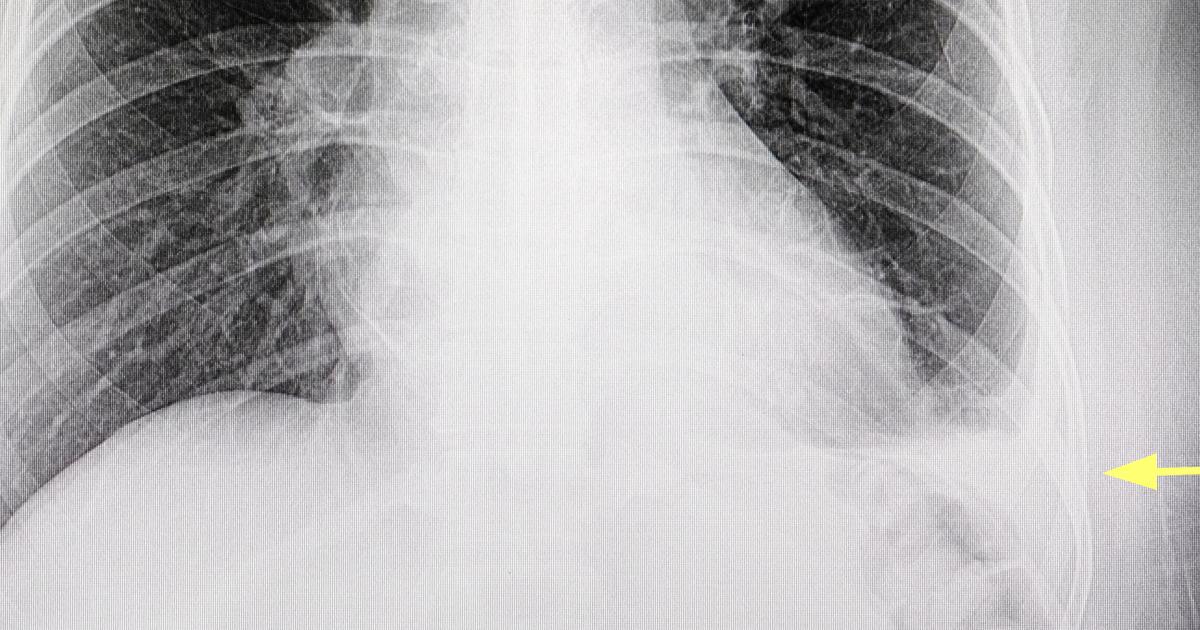Warning Signs Of Peritoneal Cancer
Rectal Bleeding

Rectal bleeding may occur as a symptom in an individual affected by cancer of the peritoneum because of their malignancy. There are a few mechanisms that can contribute to the occurrence of this symptom in affected individuals. A growing malignant tumor in the peritoneum can compress the organs in the abdominal cavity and place an increased amount of pressure on the structures in the pelvic floor, including the rectum. Increased pressure on the rectum compounded by the natural mechanism of gravity can cause blood vessels in the rectum to become inflamed, swollen, and engorged with blood. These issues with the rectal blood vessels can result in the leakage of blood into the stool or around the anal region. Furthermore, a cancerous tumor growing in the peritoneum may be proximally close to the colon and rectum itself. The close proximity can result in tumor growth and infiltration of cancerous cells into the bowel or rectum. Cancerous tumors in the bowel or rectum cause damage to their specialized lining. This damage can cause tiny blood vessels to burst, and blood to leak into the stools.
Pleural Effusion

Pleural effusion can affect an individual who has cancer of the peritoneum as a symptom of their malignancy. Pleural effusion occurs when excess fluid builds up in between the membranes that cover and protect an individual's lungs. A healthy individual has a small quantity of fluid that remains between the pleura to lubricate the area and help with breathing. However, individuals who have a malignant growth in their peritoneum can experience an accumulation of too much protein-rich fluid in the pleura. This symptom happens when the malignant cells infiltrate the lymphatic vessels and lymph nodes in the abdominal and chest regions. The lymph nodes and lymph vessels are responsible for absorbing fluid from tissues around the body when there is an excess. However, malignant cells can obstruct the process of fluid absorption and lymphatic circulation in certain affected parts of the body. When peritoneal cancer has this effect in the chest and abdominal region, the fluid begins to accumulate in nearby tissues like the pleura because it has no place to go. Pleural effusion in peritoneal cancer patients is especially indicative of a more advanced stage of malignancy.
